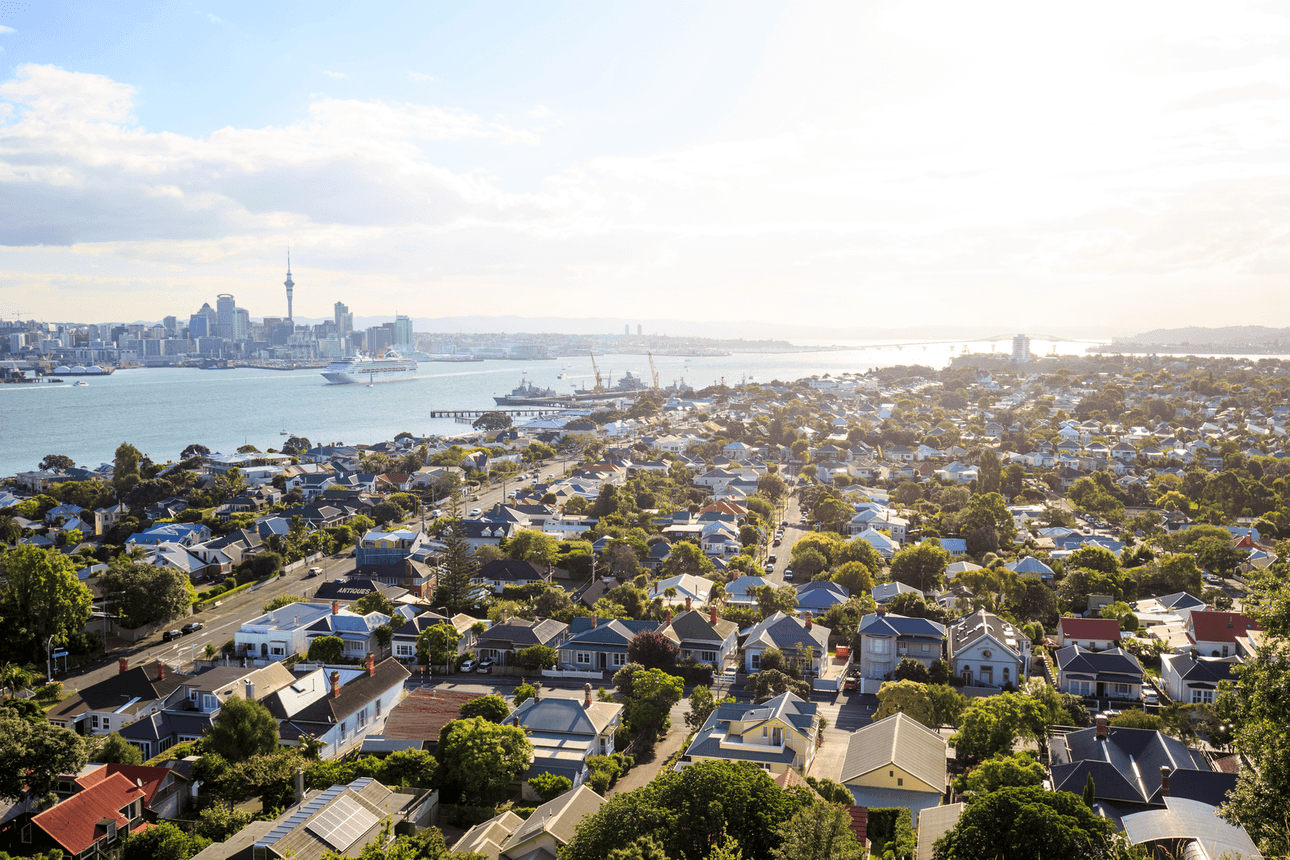Experts warn that the city’s level four lockdown could be extended today as a handful of unlinked cases risk rekindling a delta outbreak under level three, Justin Giovannetti writes in The Bulletin.
A number of recent mystery cases in Auckland are at the centre of cabinet’s debate today. Stuff reports that the prime minister and cabinet are focused on the possibility of undetected cases in the city as they prepare to review pandemic restrictions. Jacinda Ardern said “a handful” of the city’s 34 unlinked cases are of concern to officials. While the director-general of health said there’s believed to be no widespread community transmission in Auckland, nearly half of the 43 new cases detected over the weekend were infectious in the community at some point.
Those 34 unlinked cases are a concern. These are cases that just can’t be connected to any of the city’s 16 sub-clusters, meaning contact tracers can’t establish any shared location where the cases might have picked up the virus. The rules were even broadened for this outbreak to make linking cases easier. In previous outbreaks, someone had to be in very close proximity to a known case for it to count as a transmission event. Often it would be something specific, like touching the same elevator button within seconds. With delta, just being in the same venue at roughly the same time is now considered enough. Stuff has an explainer on what the unlinked cases mean for the outbreak.
Auckland has now been in lockdown for nearly a month and experts warn it might need more time at level four. The ministry of health announced on Saturday night that three more people who had visited Middlemore hospital for non-Covid reasons had tested positive for the virus, including a five-month-old. According to the NZ Herald, Covid-19 modeller Michael Plank said the ongoing drip of unexpected new cases was a concern and might point to an undetected cluster. He called an immediate move to level three “very risky.” Mayor Phil Goff said an extension of lockdown “looks likely.” Falling test levels in Auckland also won’t help with the decision.
At the core of today’s decision will be confidence in the data. The prime minister’s office saw what happened in Victoria when the Australian state lowered restrictions in recent months despite cases still spreading in the community. Numbers that had been falling turned around quickly and started increasing. Auckland’s delta outbreak started with a single case and while level three restrictions would lower the number of people potentially infected by a case, it could significantly increase from what we’ve seen under level four lockdown. “Even a handful of cases going unnoticed could turn into a bonfire at level three and a conflagration at level two,” according to Newsroom.
What could help now is vaccination levels. Rawiri Jansen told RNZ that Auckland should get all of the extra Pfizer doses secured from Spain. While that’s unlikely to happen, higher vaccination levels will help the city if level four is maintained for longer.
Graham Le Gros, one of the country’s leading immunologists, told the Science Media Centre that vaccinations could be the key to ending this outbreak and future ones:
“We need to prepare for the time that elimination does not catch up with the delta virus, and New Zealand will have to swing into action to keep the vaccinations up… Even if we catch up with this outbreak, it is highly likely there will be others.
“It’s not that NZ is not trying hard enough, it’s just that the delta variant does not play by the rules, it’s a virus constantly able to change infection strategy and change the degree to which it induces symptoms. Also, in future we will have to trust that the vaccinated immune system of a healthy human is the only thing able to protect against the worst effects of the virus.”
Cabinet’s decision will be announced by the prime minister at 4pm today.
This is part of The Bulletin, The Spinoff’s must-read daily news wrap. To sign up for free, simply enter your email address below


